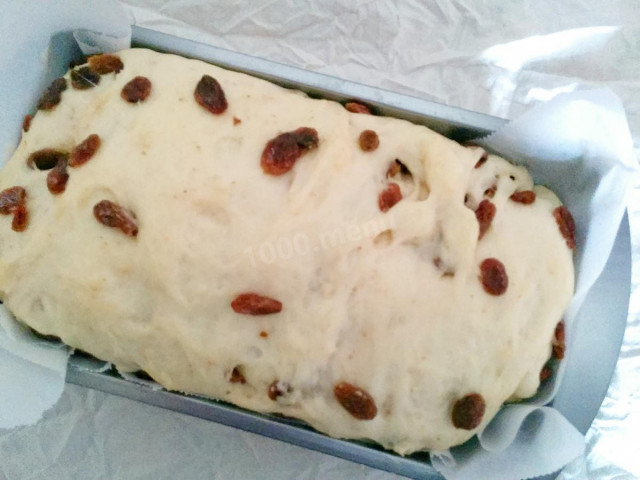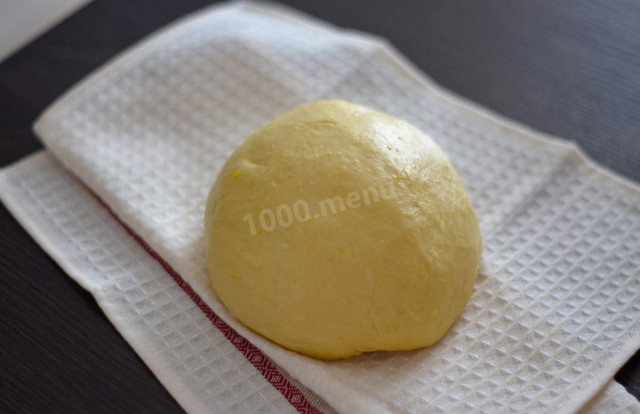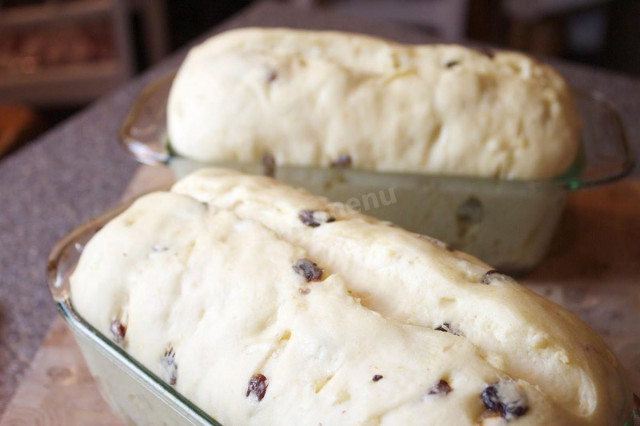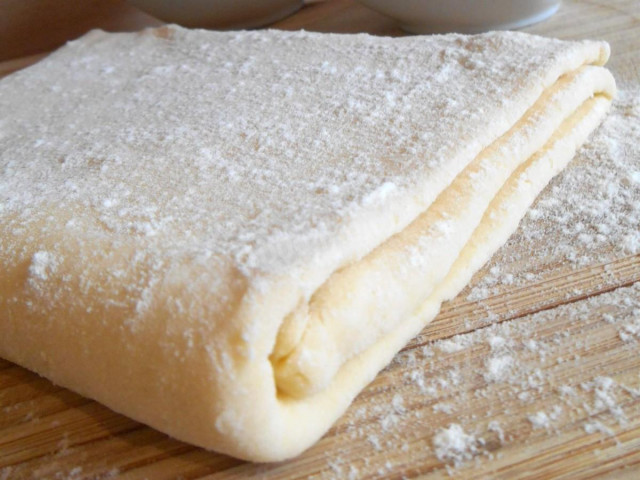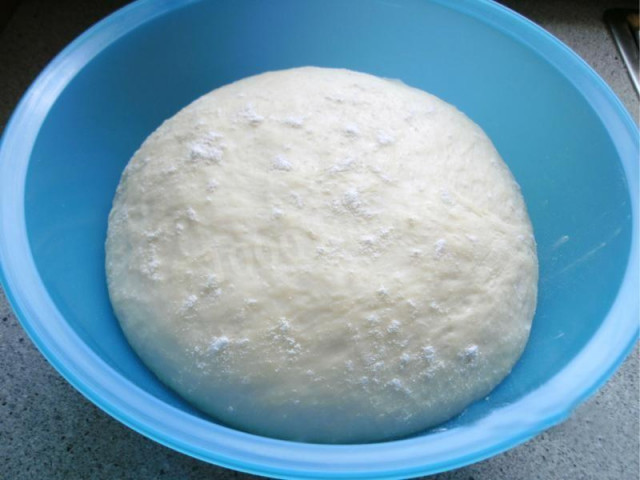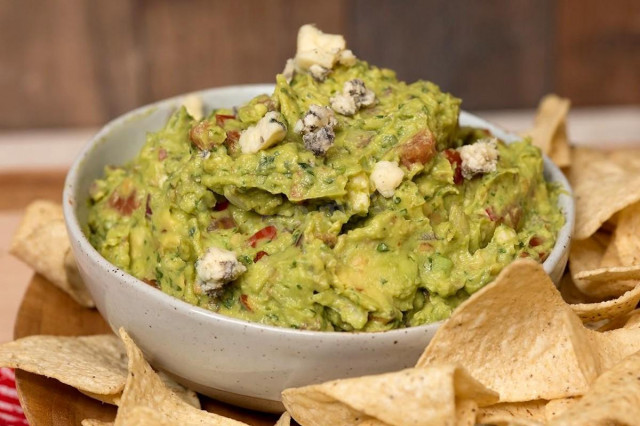Composition / ingredients
Cooking method
1. Crumble the yeast, put it in a bowl. Here we pour sugar and pour 100 ml of warm milk. Milk should be exactly warm, not hot. Mix it up. Leave the dough in a warm place for 15-20 minutes. During this time, a reaction should take place. After the appearance of a foam cap with a sponge, you can continue to work.
2. Pour half a portion of sugar into the dough, pour the remaining milk. Sift the flour two or three times, pour it to the liquid ingredients. Knead the dough. Its consistency should be like pancakes. Cover the bowl with the dough with cling film, and then with a towel. We leave the sourdough to ripen in a warm place protected from drafts for about five hours. Meanwhile, my raisins, spread on a paper towel, let it dry. Then sprinkle the raisins with flour. This will help the raisins to be evenly distributed in the dough.
3. After the specified time, the dough should fit well. Proceed to further cooking: break the eggs into a bowl, pour the remaining sugar. Beat the eggs with sugar until smooth and fluffy. Then we put margarine in it. Margarine should be at room temperature. To do this, it should be taken out of the refrigerator in advance. Together with margarine, add sour cream, salt, raisins.
4. Well, now we pour the flour in parts and begin to knead the dough. You need to knead for a long time and persistently, about 30 minutes. As a result, the dough should easily fall behind the hands. You need to be careful with flour, since the excess has a very negative effect on the finished product. In order not to add too much, you can lubricate your hands with vegetable oil when kneading.
5. We roll the finished dough into a ball, put it in a bowl greased with vegetable oil. Cover with a towel. We put it in a warm place for about one hour. After the specified time, the dough is crushed and laid out in forms.
Delicious cakes and pleasant tasting for you!
Caloric content of the products possible in the composition of the dish
- Whole cow's milk - 68 kcal/100g
- Milk 3.5% fat content - 64 kcal/100g
- Milk 3.2% fat content - 60 kcal/100g
- Milk 1.5% fat content - 47 kcal/100g
- Concentrated milk 7.5% fat content - 140 kcal/100g
- Milk 2.5% fat content - 54 kcal/100g
- Sour cream with 30% fat content - 340 kcal/100g
- Sour cream with 25% fat content - 284 kcal/100g
- Sour cream with 20 % fat content - 210 kcal/100g
- Sour cream of 10% fat content - 115 kcal/100g
- Sour cream - 210 kcal/100g
- Pressed yeast - 109 kcal/100g
- Whole durum wheat flour fortified - 333 kcal/100g
- Whole durum wheat flour universal - 364 kcal/100g
- Flour krupchatka - 348 kcal/100g
- Flour - 325 kcal/100g
- Granulated sugar - 398 kcal/100g
- Sugar - 398 kcal/100g
- Table margarine - 720 kcal/100g
- Cream margarine - 720 kcal/100g
- Milk margarine - 743 kcal/100g
- Low-fat margarine - 384 kcal/100g
- Margarine sandwich - 688 kcal/100g
- Margarine for baking - 675 kcal/100g
- Margarine dietary - 366 kcal/100g
- Margarine bold 40 % - 415 kcal/100g
- Margarine - 720 kcal/100g
- Salt - 0 kcal/100g
- Chicken egg - 80 kcal/100g

